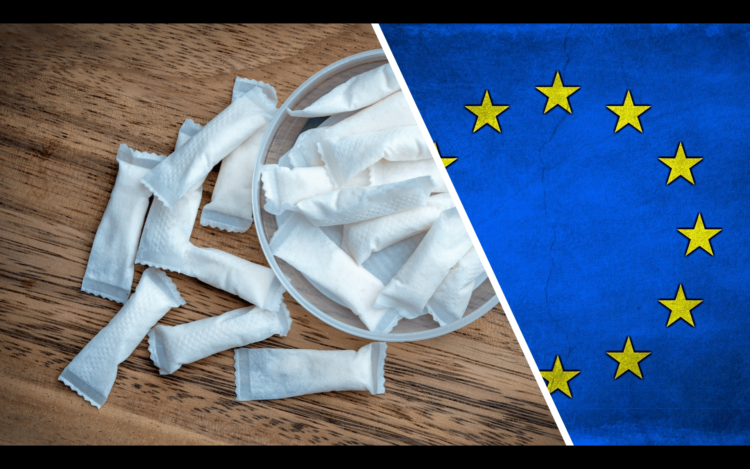
EU tobacco tax reform risks undermining harm reduction: report
A fresh analysis of the European Commission’s tobacco tax reform plans raises concerns that the revised directive could punish safer nicotine alternatives like snus and nicotine pouches.
The European Commission is preparing to update its Tobacco Excise Tax Directive (TED), the set of rules that governs how tobacco products are taxed across the EU.
But according to a new report from the Tax Foundation, the proposed changes could threaten the progress some countries have made in reducing smoking through safer alternatives like snus and nicotine pouches.
The report concludes that harmonising excise taxes without considering the risk profiles of different products could backfire, undermining both public health and fiscal goals.
“EU policymakers must understand that taxation can either encourage or discourage harm reduction,” the authors write.
“If the goal is to reduce smoking, taxing snus and cigarettes equally is counterproductive.”
Problems with the Tobacco Excise Tax Directive (TED)
The report highlights several critical flaws in the EU’s draft framework for tobacco taxation:
- Flat-rate taxation could increase prices for smoke-free products with significantly lower health risks.
- Disincentives for smokers to switch: Treating all nicotine products the same, regardless of risk, removes financial incentives for switching from cigarettes to less harmful alternatives like snus.
- Uncertain fiscal benefits: Heavier taxation on safer products may not boost revenue and could fuel illicit trade or cross-border shopping.
Instead, the authors argue for a risk-proportionate approach, where taxes reflect the actual health impact of each product category.
The Commission’s proposal has also drawn fire in Sweden as it could result in a six-fold increase in the tax on nicotine pouches, which have been formally regulated in Sweden since August 2022.
“What we’re seeing now is a real threat to harm reduction,” says Patrik Strömer, Secretary-General of the Association of Swedish Snus Manufacturers.
“If this directive goes through, it could result in a total ban on nicotine pouches across the EU and deny 85 million daily smokers access to alternatives that carry a significantly lower health risk.”
EU countries want tobacco tax reform – but not at any cost
The push to update the TED has strong backing from EU member states.
In January, a majority of countries called for reform to address both public health and budgetary concerns.
The European Commission has echoed that need, with plans to bring the issue to the highest levels of EU leadership.
But critics say the current proposal risks repeating past mistakes.
“We’ve seen what happens when regulation fails to distinguish between products that kill and products that help people quit,” says Strömer.
“Snus is not harmless, but it’s at least 90 percent less harmful than cigarettes. Why treat them the same?”
Sweden: A model for what works
Sweden is one of the few EU countries where combustible smoking is no longer the norm – thanks largely to the widespread use of snus and, more recently, nicotine pouches.
Today, Sweden has the lowest smoking rate in the EU – and significantly lower tobacco-related mortality than other member states.
This outcome has been widely attributed to the availability of lower-risk nicotine alternatives.
“We have two smoke-free generations in Sweden, according to the Public Health Agency’s latest official data,” says Strömer.
“This is exactly the kind of public health outcome the EU says it wants. So why penalise the products that are helping us achieve it?”
If the EU directive moves forward without risk differentiation, consumers across Europe could face higher prices on the very products that help them quit smoking.
“We have an opportunity to create a tax policy that supports public health,” says Strömer.
“But we risk losing that if Brussels ignores what actually works.”
Will the EU follow the science?
As the European Commission moves closer to finalising the Tobacco Products Directive (TPD) as well as TED, the Tax Foundation’s report adds to a growing body of evidence urging caution.
If the EU wants to meet its goal of a smoke-free Europe by 2040, experts say it must embrace harm reduction – not tax it into oblivion.
“This is about outcomes,” says Strömer.
“Fewer smokers, fewer deaths. Sweden has shown how to get there. It’s time for Europe to take that lesson seriously.”




